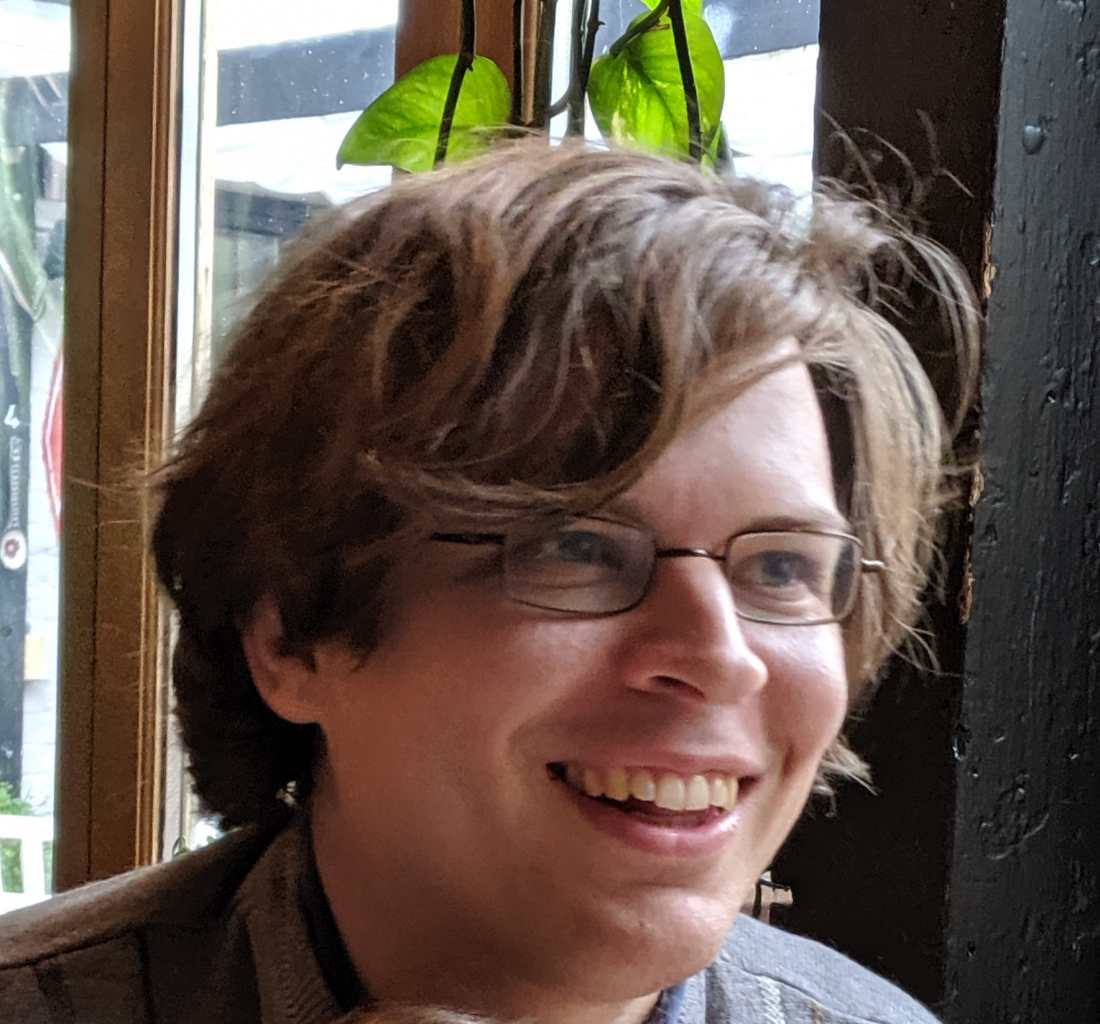Science and Mathematics
Physics Colloquium: “How Do Qubits Flow Through Spacetime?”
February 13, 2025 at 3:30pm – 4:45pm EST
Physics Building, 202/204
This event has already occurred. The information may no longer be valid.

The Syracuse University Department of Physics is pleased to welcome Aron Wall, Professor of Theoretical Physics at the University of Cambridge, for his talk titled, “How do qubits flow through spacetime?”
Aron Wall is a Professor of Theoretical Physics at the University of Cambridge, studying holography and spacetime thermodynamics. After studying Great Books at St. John’s College (Santa Fe), his Ph.D. research at the University of Maryland confirmed that black holes obey the Second Law of Thermodynamics. He went on to do postdocs at UC Santa Barbara, the Institute for Advanced Study (Princeton) and Stanford. Through his work, he tries to forge a closer connection between quantum information and quantum gravity—in fact, when given a chance to speak at the 28th Solvay Conference in Physics, he argued that these might secretly be the same subject. He won the New Horizons prize in 2019, the Phillip Meyer Prize in 2018 and the IUPAP Young Scientist Prize in 2017.
Abstract: Prof. Wall will discuss new developments in our understanding of the holographic principle, and the way in which it changes our understanding of spacetime. In this new picture, information (qubits) of spacetime are stored not on 3-dimensional time slices, but on 2-dimensional surfaces. A 3-dimensional slice is thus a quantum process, and 4-dimensional time evolution represents an equivalence of such processes. However, in order to recover general relativity, the theory that lives on 3-dimensional slices cannot be a normal unitary theory. Instead, it exhibits a phase transition, where at a certain point in the spectrum, the energy eigenvalues become imaginary rather than real. Prof. Wall will argue that we must accept these imaginary energies, if we want relativistic spacetime physics to emerge from quantum information theory.
This event was published on February 11, 2025.
Event Details
- Category
- Science and Mathematics
- Type
- Talks
- Region
- Campus
- Open to
- Public
- Organizer
- CAS-Department of Physics
- Contact
- Meghan Murphy
phyadmin@syr.edu
(315) 443-3901
- Accessibility
- Contact Meghan Murphy to request accommodations
